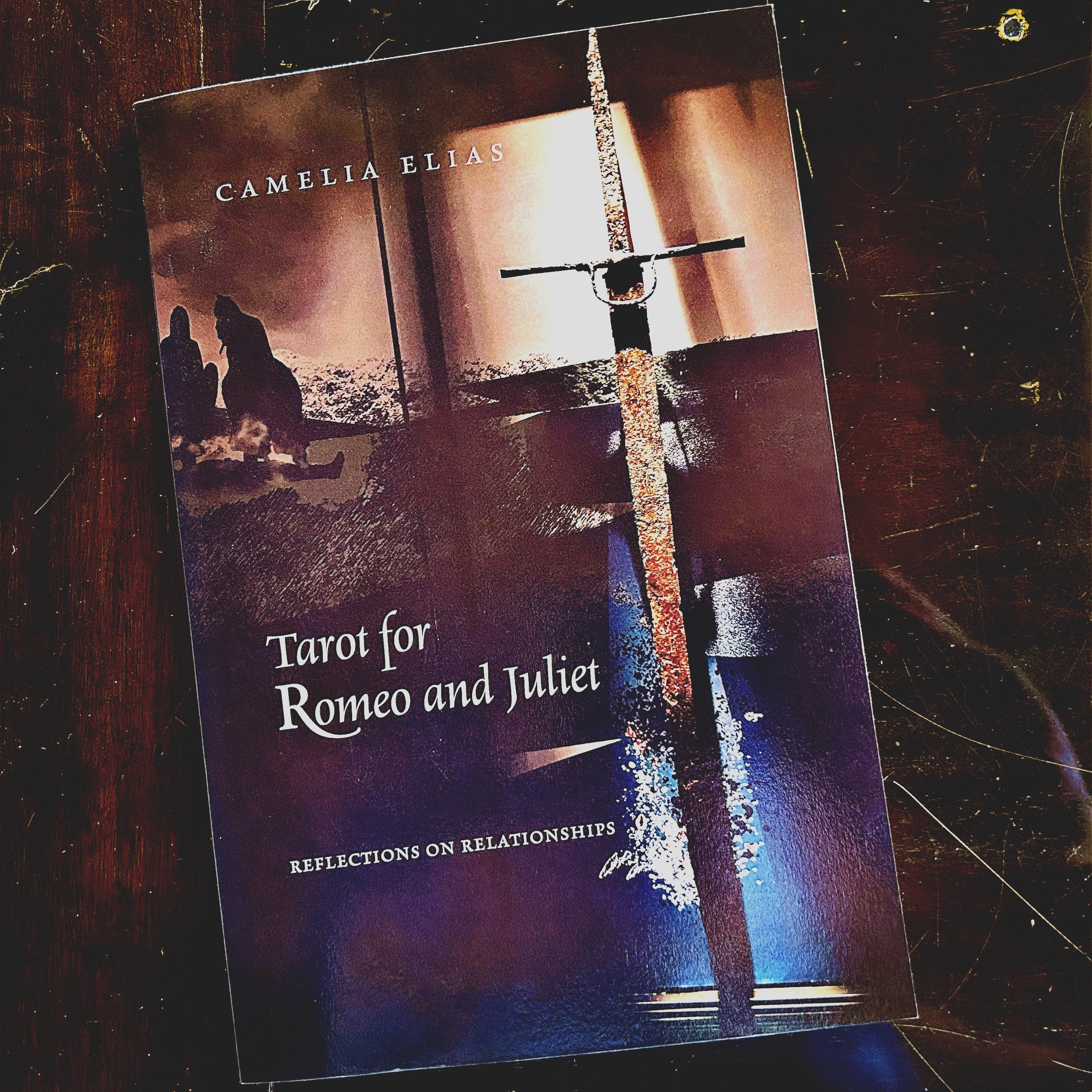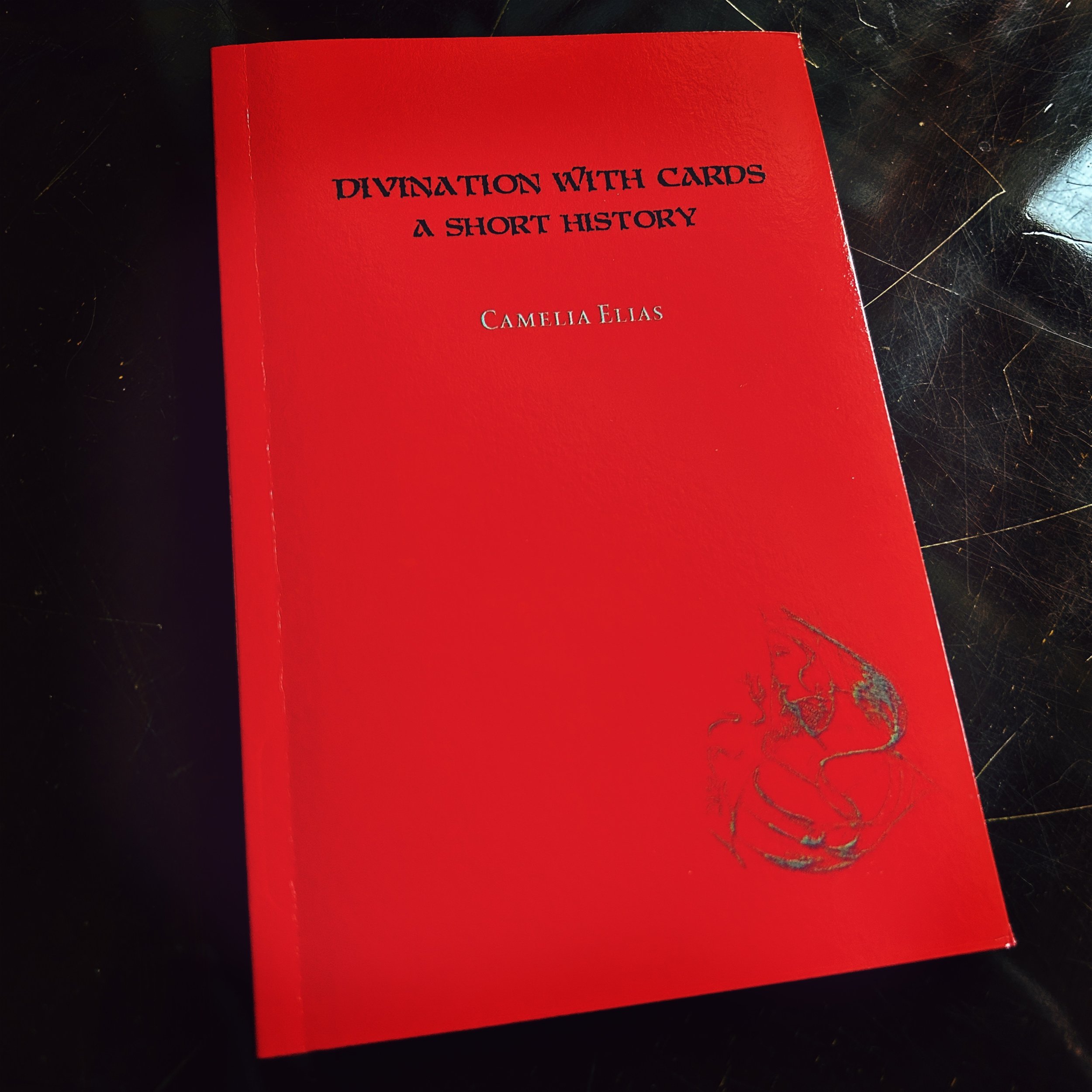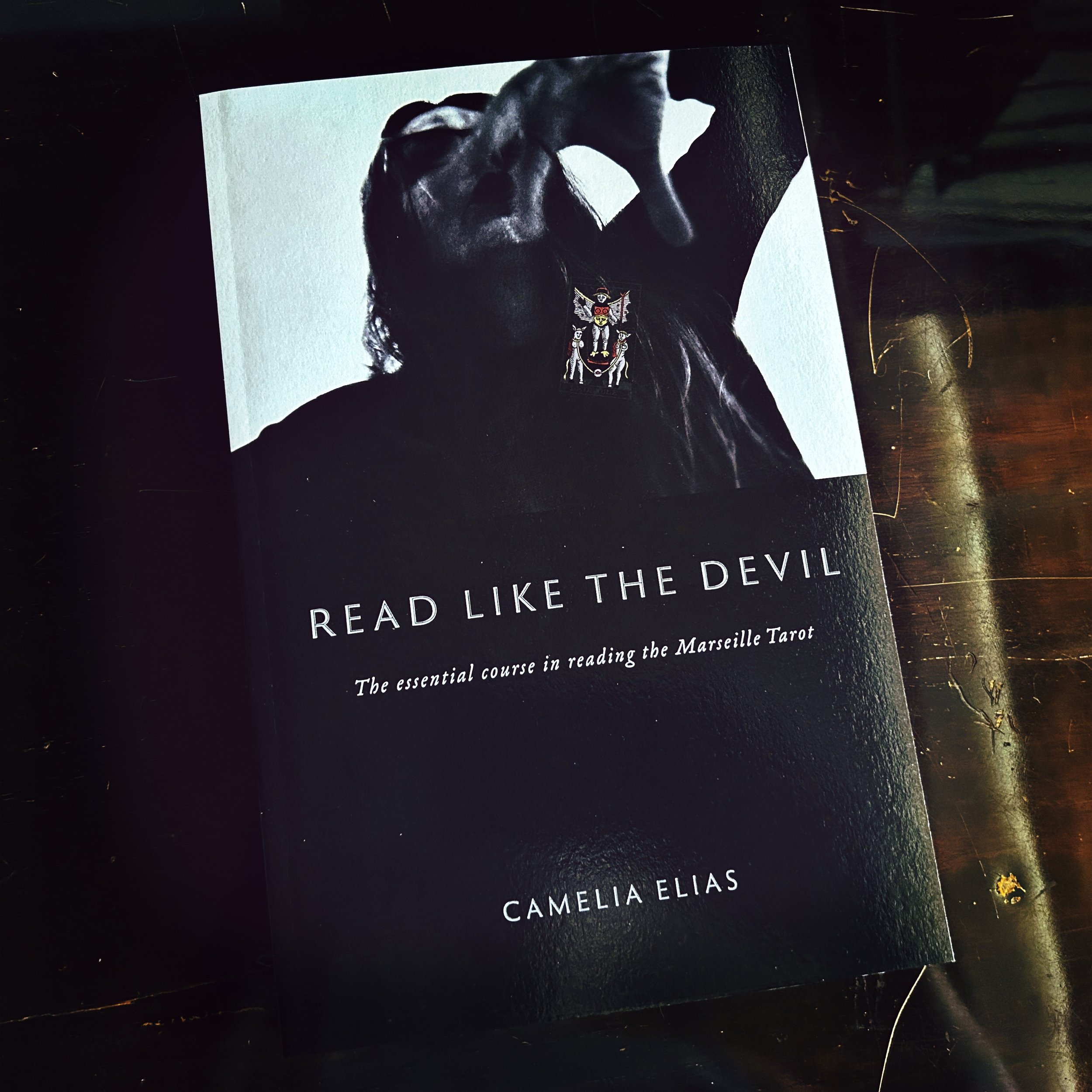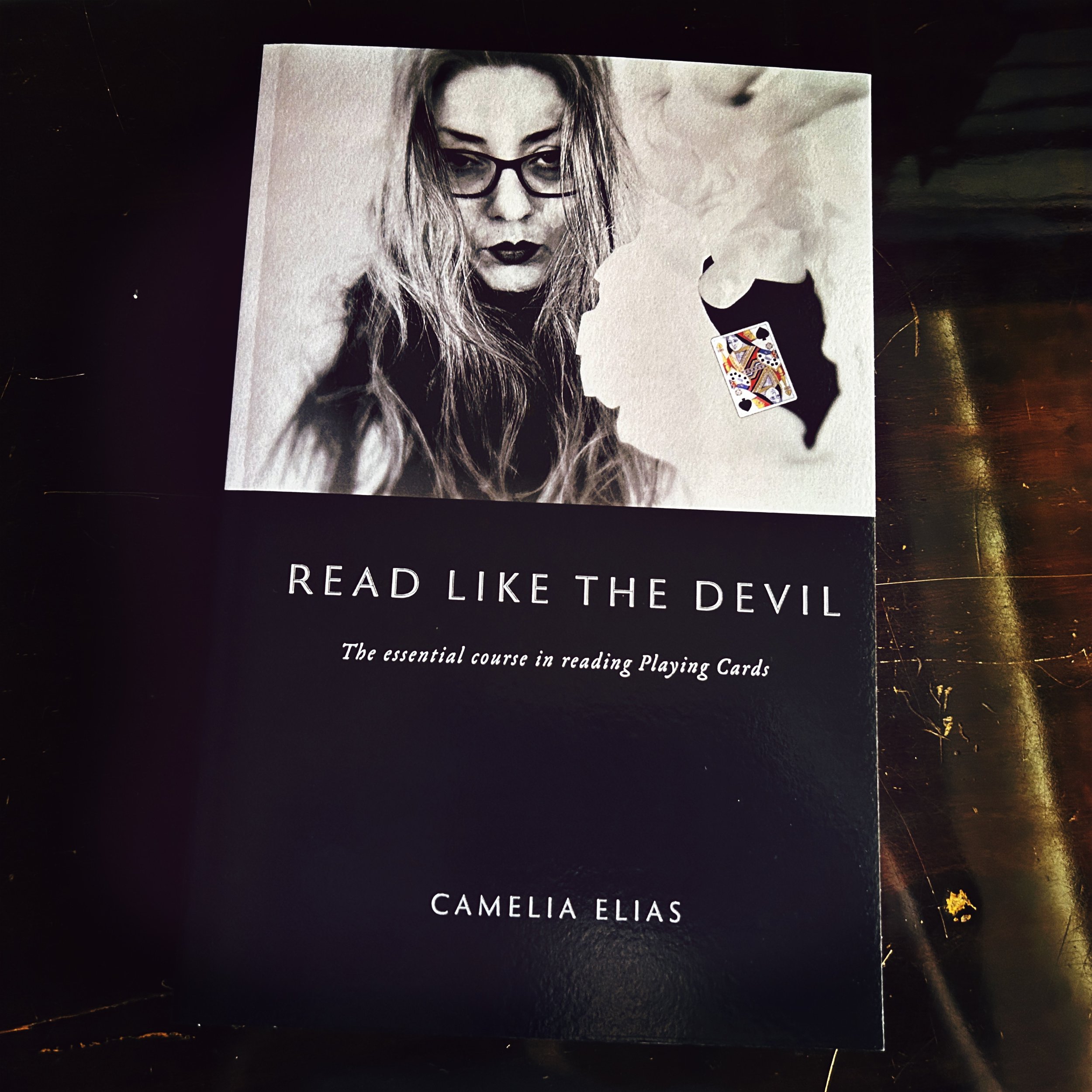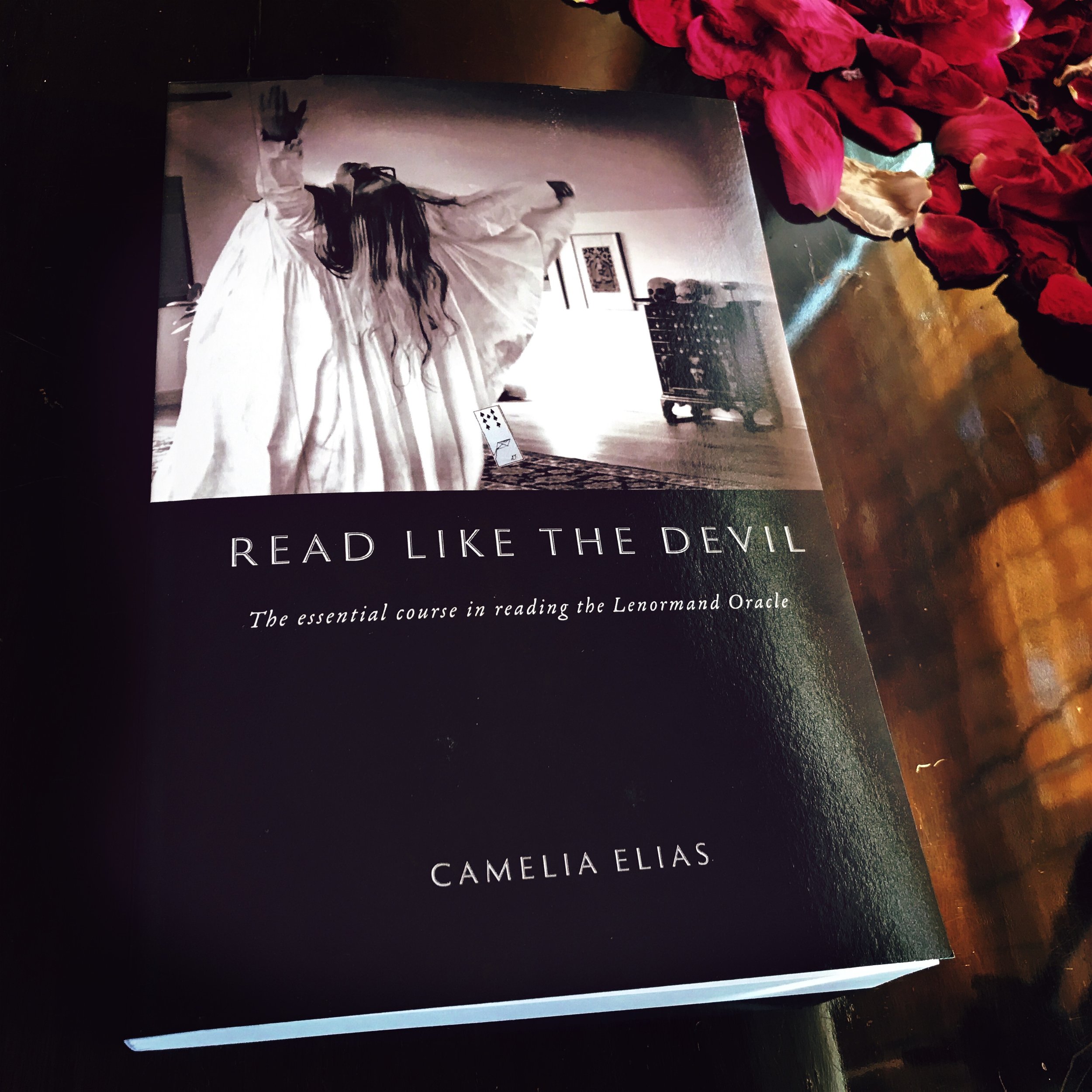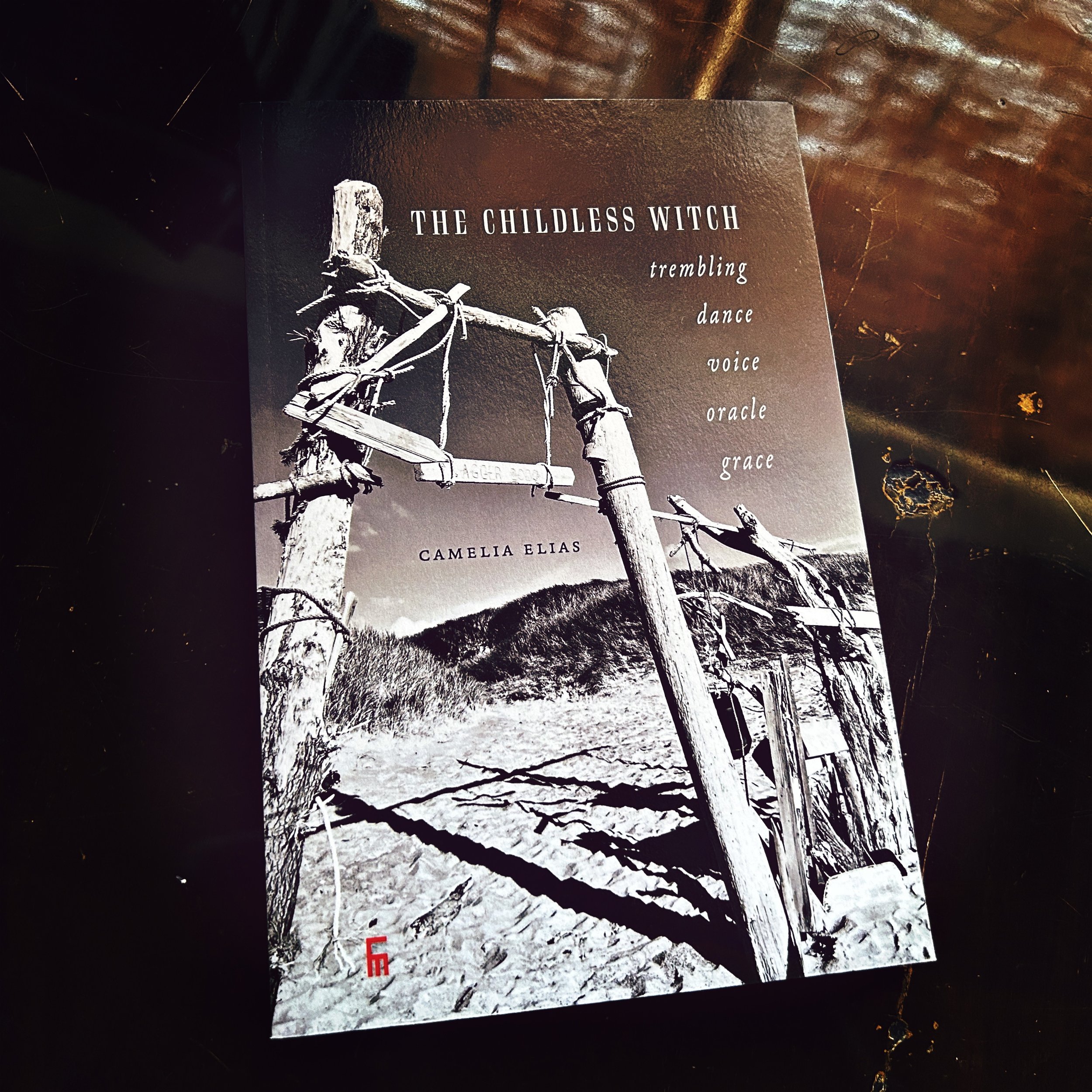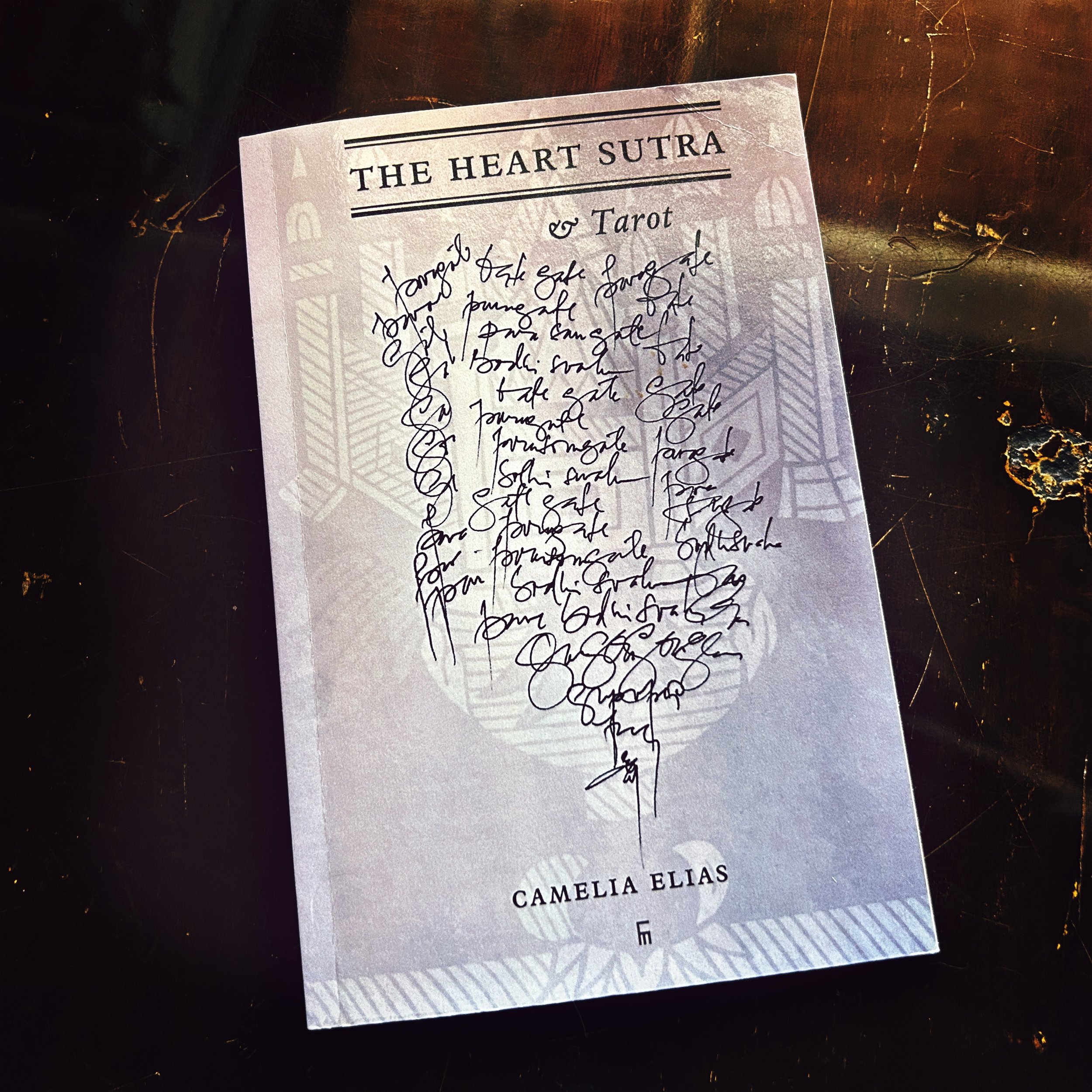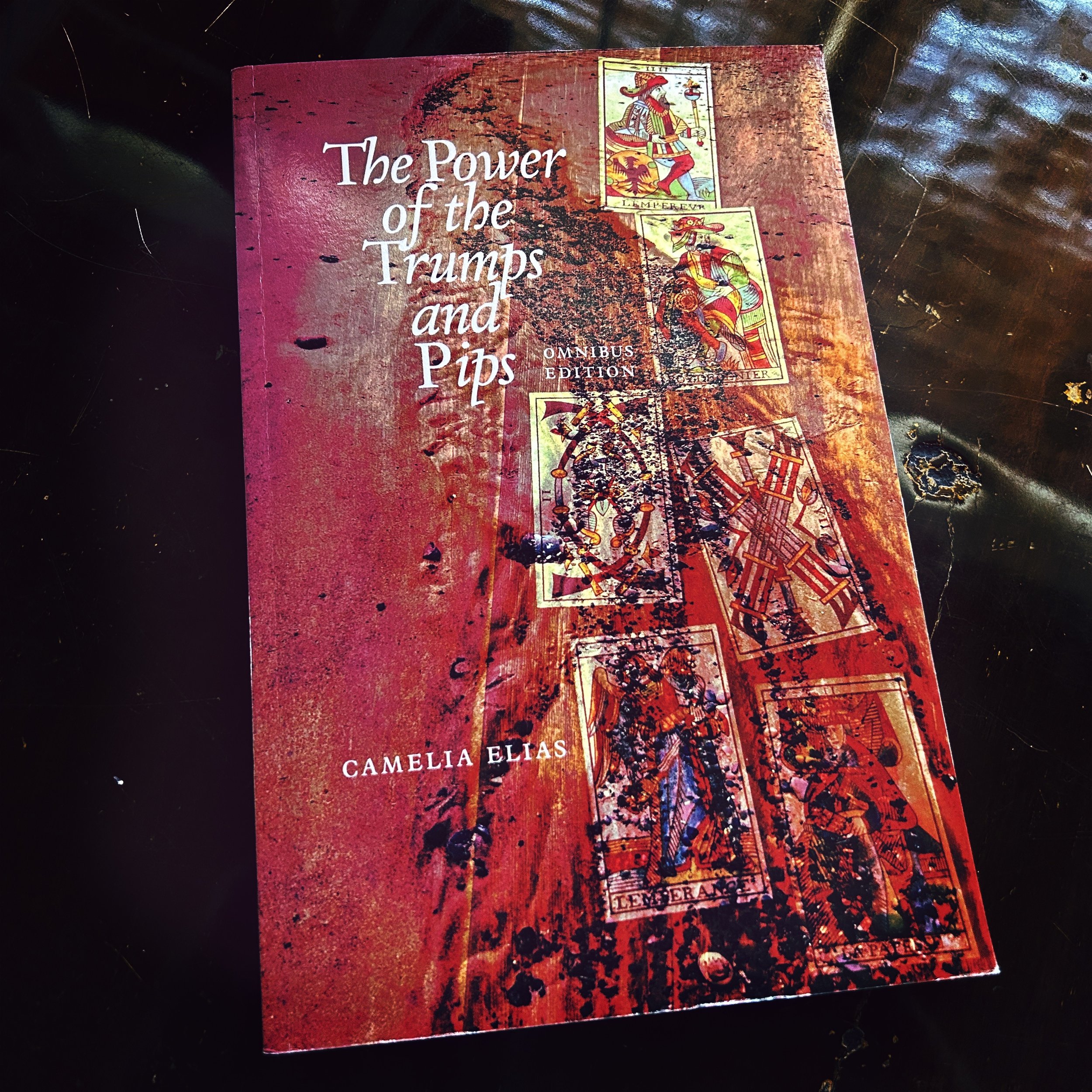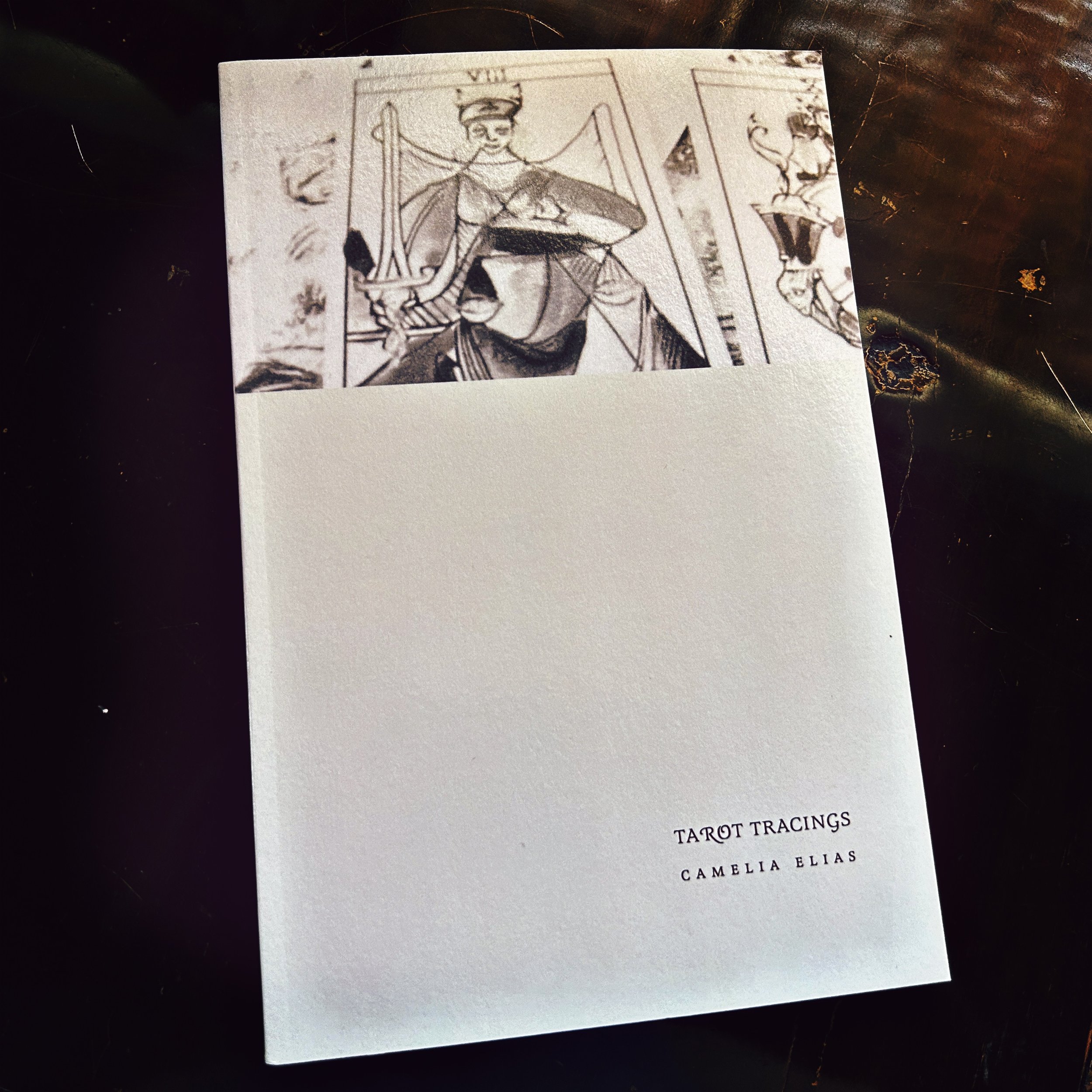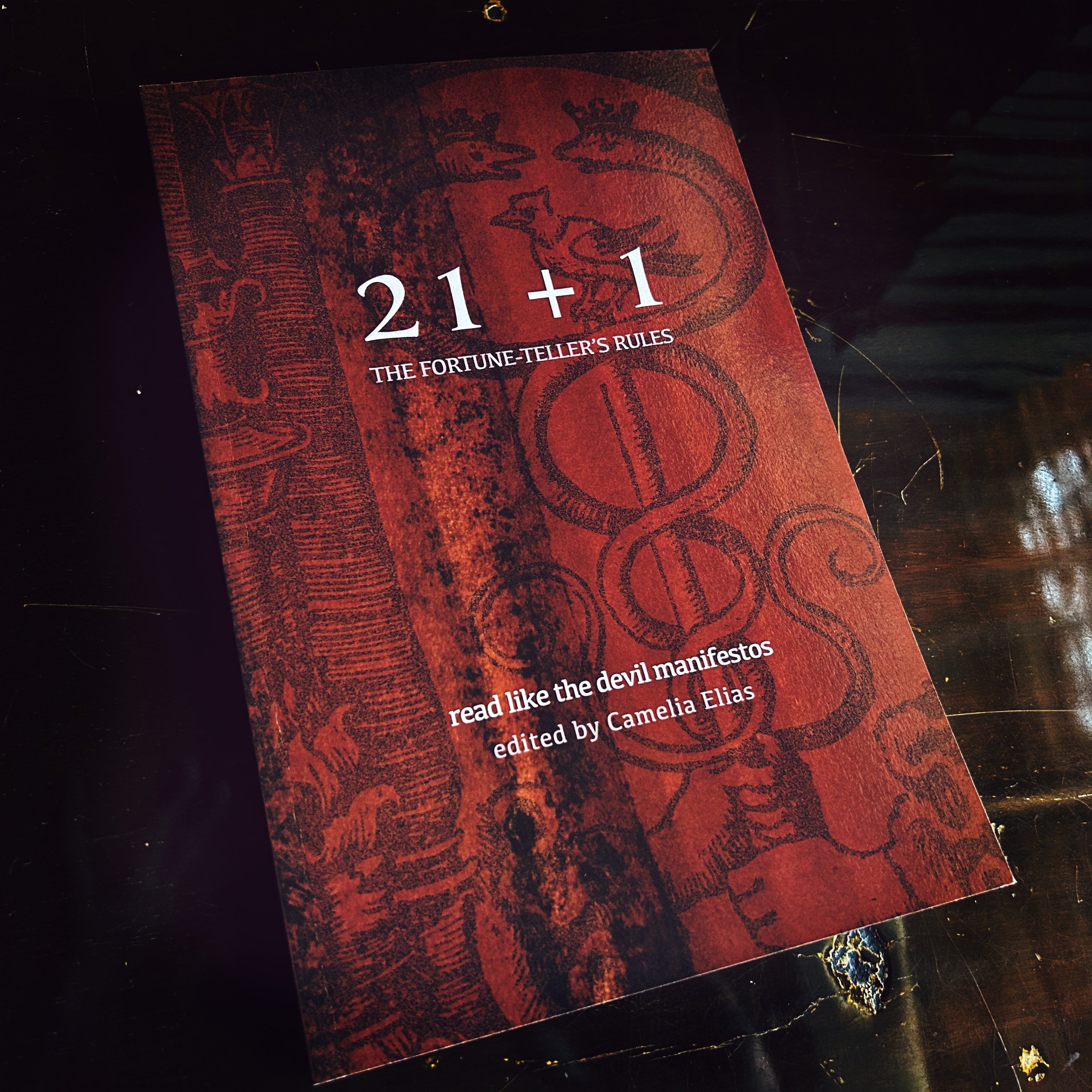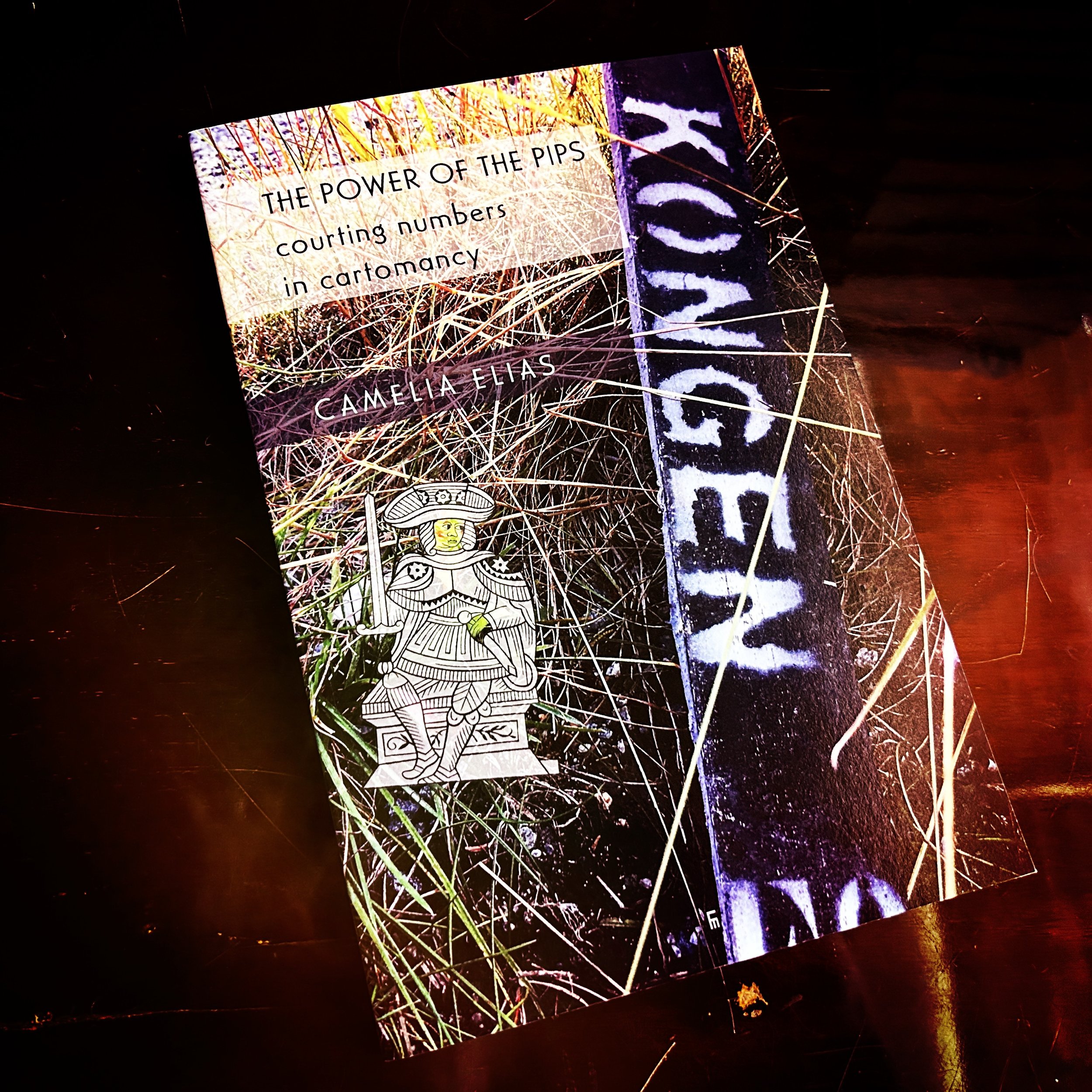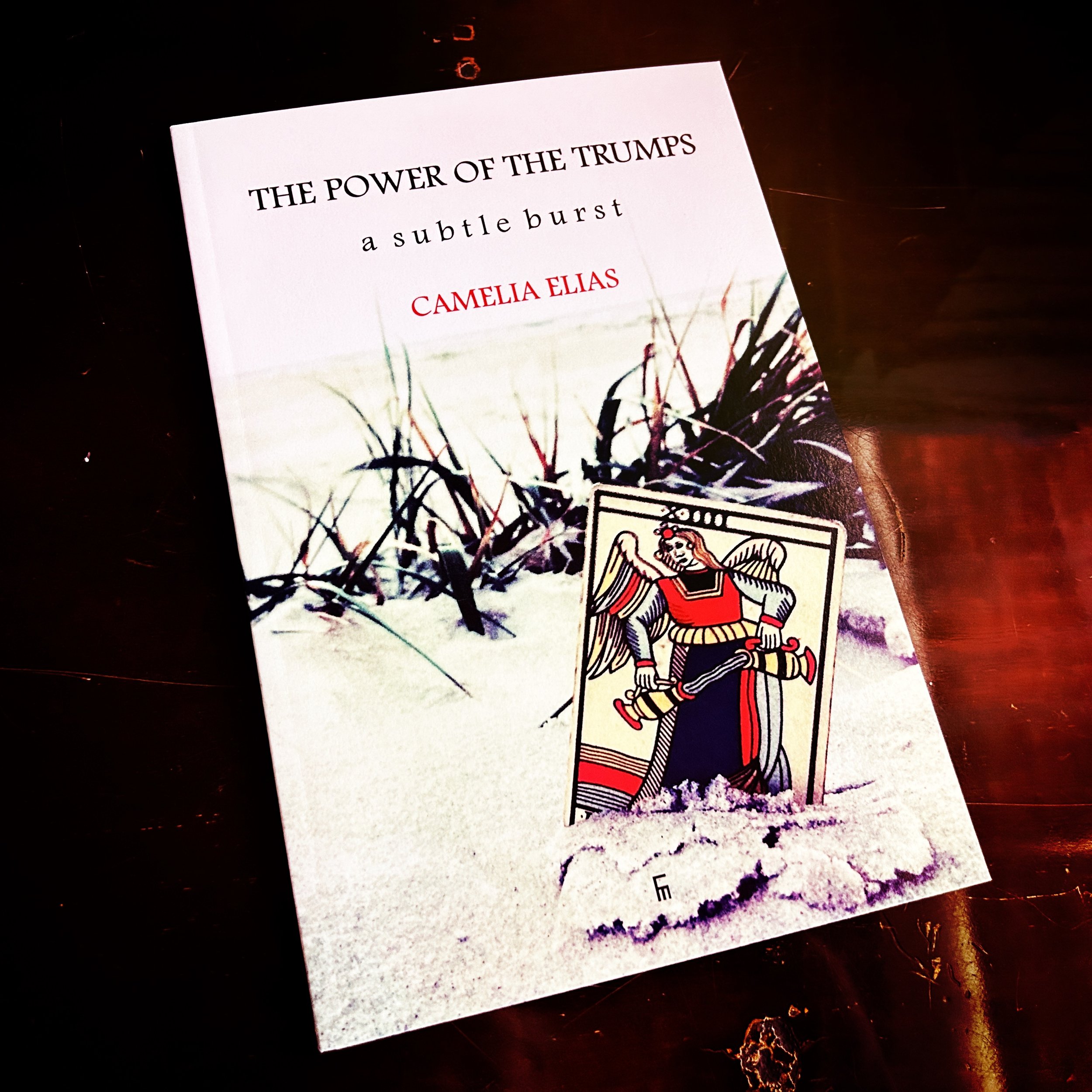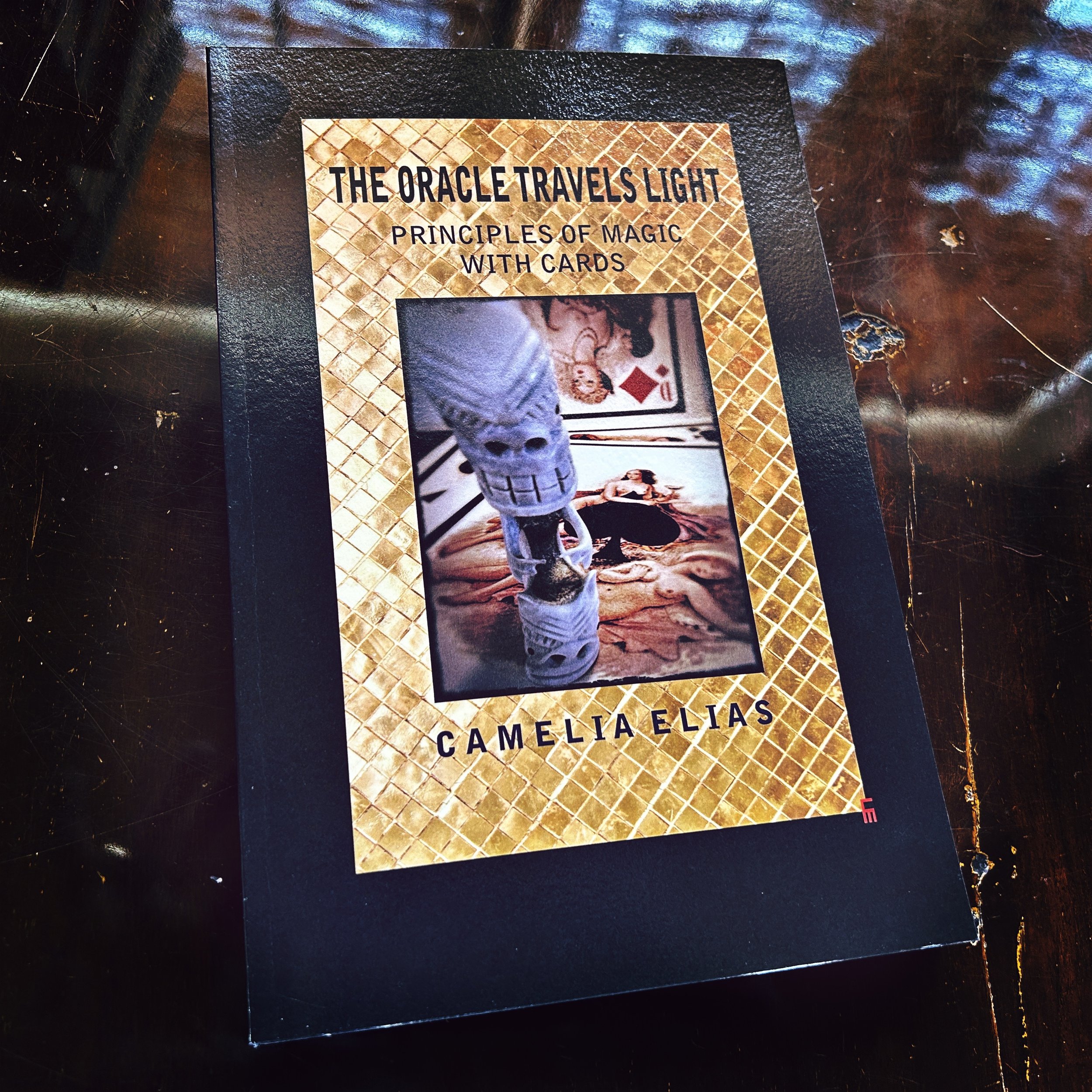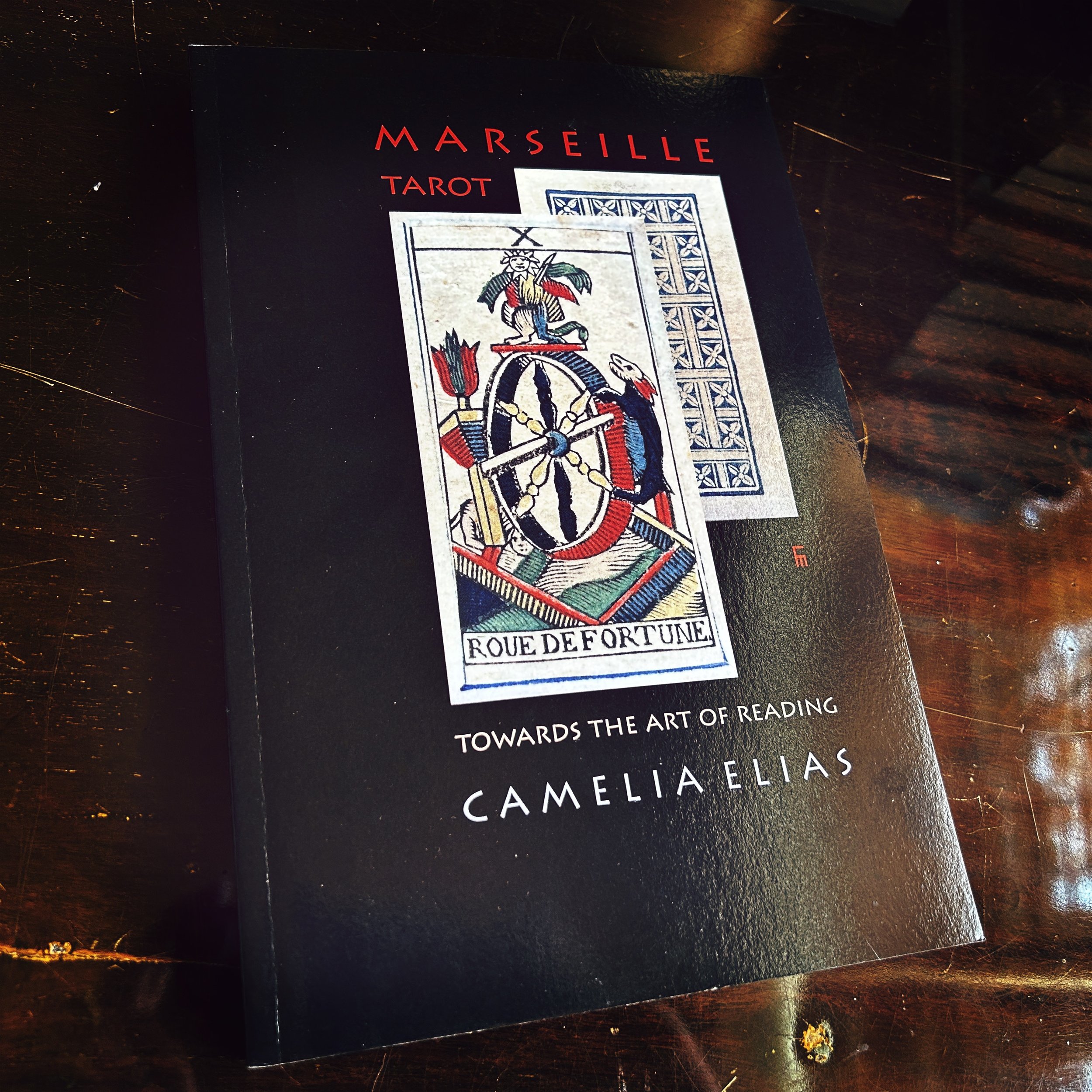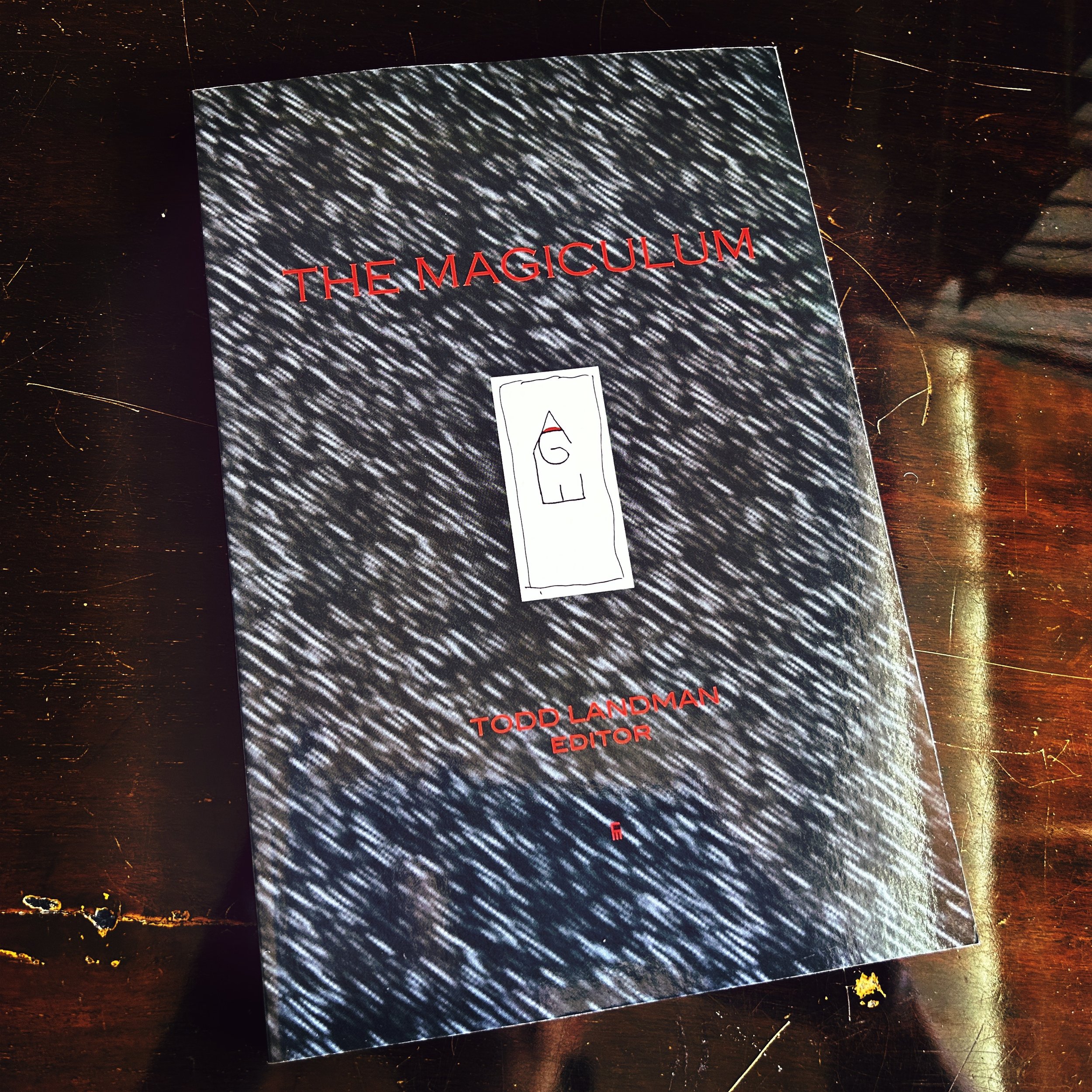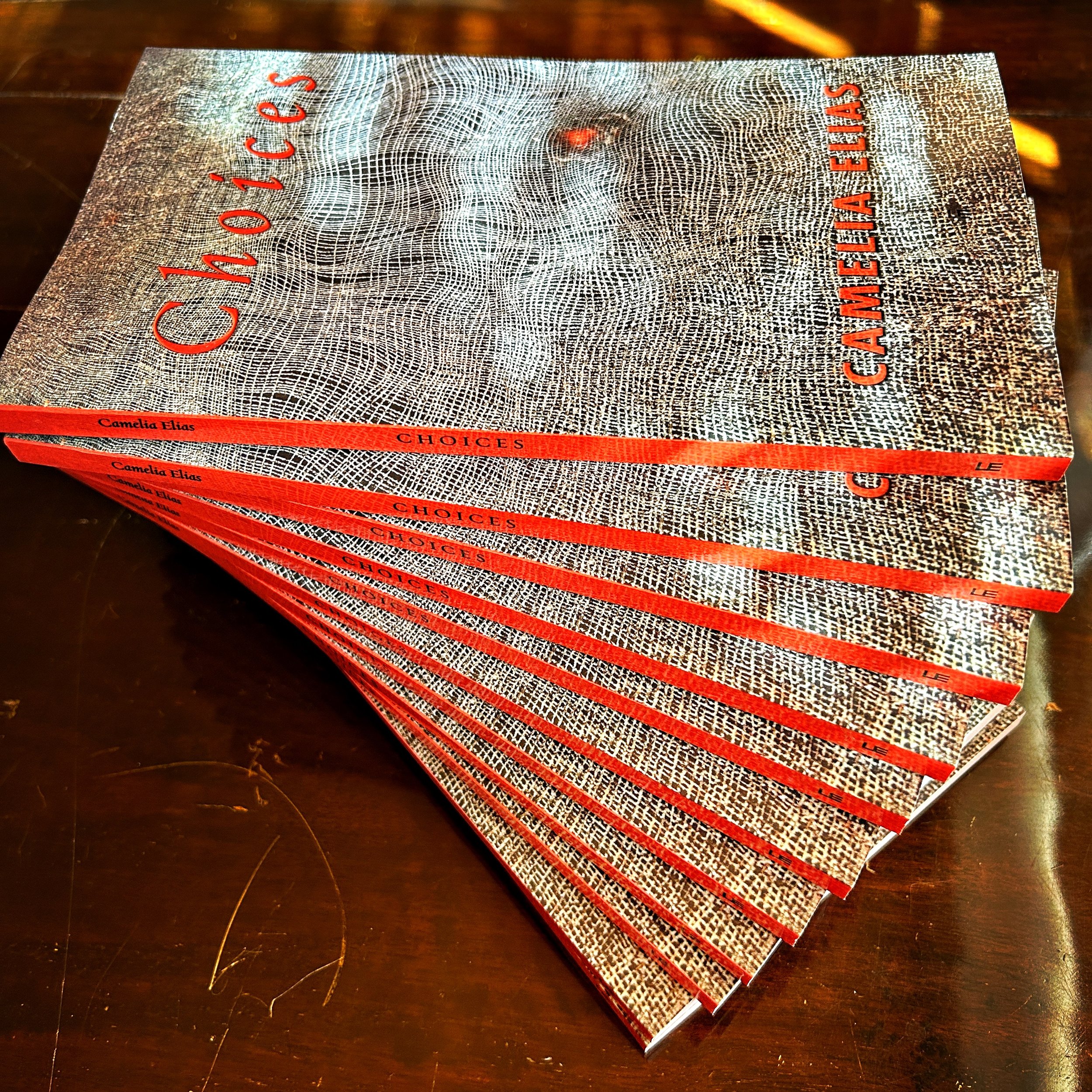
CATALOGUE
TAROT DE MARSELLA
En este libro Camelia Elías nos ofrece una introducción a las cartas del Tarot de Marsella combinada con lecturas de cartas contextualizadas. Cada descripción va acompañada de una interpretación de las cartas que combina el método tradicional – basado en hacer deducciones lógicas sobre el significado de los naipes – y el método de argumentación visual que se apoya en el arte individual y subjetivo de la percepción. Se muestran además lecturas completas basadas en consultas reales al Tarot.
TAROT FOR ROMEO AND JULIET
This book is about the tension between how singular the manifestation of love is and what we assume, often wrongly, about the idea of togetherness. To know the difference means to know the heart of the other. To know the heart of man is, in fact, the highest, sages and artists tell us. But who has this gift? Lovers do. Lovers share a passion that exceeds common understanding, and yet their acting on it can be fraught.
FREUD AND DIVINATION
What does Sigmund Freud have to do with magic and cartomancy? Surprisingly much, Bent Sørensen argues, while looking at five key Freudian insights and applying them to the ways of and reasons for reading cards and performing magic.
DIVINATION WITH CARDS
This short history of divination with cards looks at three main traditions: the French, the British, and the Anglo-American gone ‘French’. The style is succinct and personal, with the writing performing on two levels: the descriptive in a historical context and the reflective in a contemplative context. In between, the author offers an original take on how we can think about the history of divination.
READ LIKE THE DEVIL VOL I
This book is the first in a trilogy of books based on courses in cartomancy under the signature ‘Read Like the Devil.’ It is packed with examples of student work and teacher feedback, divination philosophy, and essays on method.
READ LIKE THE DEVIL VOL II
This book is the second in a trilogy of books based on courses in cartomancy under the signature Read Like the Devil. It is packed with examples of student work and teacher feedback, divination philosophy, and essays on method. The focus is on playing cards.
READ LIKE THE DEVIL VOL III
This book is the third in a trilogy of books based on courses in cartomancy under the signature Read Like the Devil. It is packed with examples of student work and teacher feedback, divination philosophy and method. The focus is on the Lenormand Oracle.
THE CHILDLESS WITCH
‘Don’t have any children,’ the author’s mother said, in response to the question: ‘what’s your greatest wisdom?’ posed to her by her own daughter when she was 10. Forty years down the road this book springs out of investigating just what this wisdom is all about. The book thus offers reflections on the state of being childless.
THE HEART SUTRA AND TAROT
This short history of divination with cards looks at three main traditions: the French, the British, and the Anglo-American gone ‘French’. The style is succinct and personal, with the writing performing on two levels: the descriptive in a historical context and the reflective in a contemplative context. In between, the author offers an original take on how we can think about the history of divination.
THE POWER OF THE TRUMPS AND PIPS
This book is an omnibus edition that gathers three types of texts around the Marseille Tarot: two previously published works out of print, here in re-edited form, unpublished lectures, and new essays. The book features applications of the basic principles of reading the Marseille Tarot to the contextualization of current questions and concerns.
TAROT TRACINGS
A book written for the curious reader who might like to know what some of the greatest literary figures in Western literature are up to when they read the Tarot, or use divination as inspiration for their work. Italo Calvino, Robert Browning, W.B. Yeats, and Rachel Pollack gather in a concatenation of voices across the page; voices that the author traces as if using transparent paper, a good ink pen, and an occasional draw with the Tarot cards for the idea that baffles, or the philosophy that resists the gratuitous.
ARCADES TAROT: HAIKU POEMS
This book explores the possibility to fit the essence of six Tarot cards to the constricted structure of the haiku poem. The result is a beautiful economy of thought and image.
WHAT IS NOT: MARSEILLE TAROT À LA CARTE
This book is for all the diviners who want to hear what else we can do with the Tarot cards other than what a particular school or tradition prescribes. It’s a treat à la carte for all the diviners who ever felt burnt out, after having served the same dish over and over to people.
21+1 FORTUNETELLER’S RULES
This is a collection of essays that gathers the voices of both reputed veteran and young cartomancers. The book captures the heart of cartomancy through 21+1 snappy rules, delivered with martial arts aplomb in the form of manifestos.
THE POWER OF THE PIPS
The Power of the Pips looks at how the pip cards embody connection, from creating coherence to burning bridges. The principal questions asked are these: how logical is the function of each card? How do we see context creating meaning in accordance with function and common sense? When are the pip cards syntactic markers, such as a full stop, a comma, or an adverb?
THE POWER OF THE TRUMPS
This book is a version of the transcript of eight video recorded lectures. It draws on the practice of divination in the context of storytelling and Zen philosophy.
THE ORACLE TRAVELS LIGHT
This book depicts manifestations of folk magic, black magic, and practical magic as courage and everyday wisdom, and it demonstrates how reading cards can entice us to concrete magical action.
MARSEILLE TAROT
This book is about the art of reading the image, semiotics, and the poetics of cartomancy. Camelia Elias offers an introduction to the Marseille Tarot cards combined with readings of the cards in context. For each description there’s an interpretation that combines the cunning-folk method of reading the cards – based on making logical inferences about the meaning of the cards – and the visual argument method, which relies on the subjective and individual art of perceiving. The book also features full-length readings, based on real-life tarot consultations.
THE MAGICULUM
This collection of essays has been written by magicians who really care about magic. Having discovered magic at a young age, they have allowed it to mature alongside their intellectual and practical formation. They contemplate different dimensions of magic and how they relate to it. Their stories and reflections reveal remarkable similarities in the themes that they address: Magic as power. Magic as escape. Magic as protection. Magic as play. Magic as medium. Magic as unknowable. Magic as symbol. Magic as language. Magic as incomplete.
EX ITENT ER
This is the second of two volumes that gather a series of interviews and conversations between tarotist, philosopher, and visual artist, Enrique Enriquez and other seminal voices in the cartomantic community.


